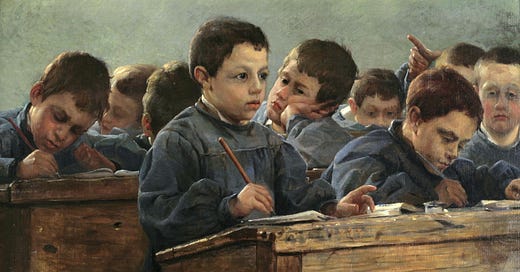“To write a good love letter, you ought to begin without knowing what you mean to say, and to finish without knowing what you have written." So said Jean Jacques Rousseau.
But all literature, in its essence, is a love letter.
To build a good novel you ought to begin without fully knowing what you a…





